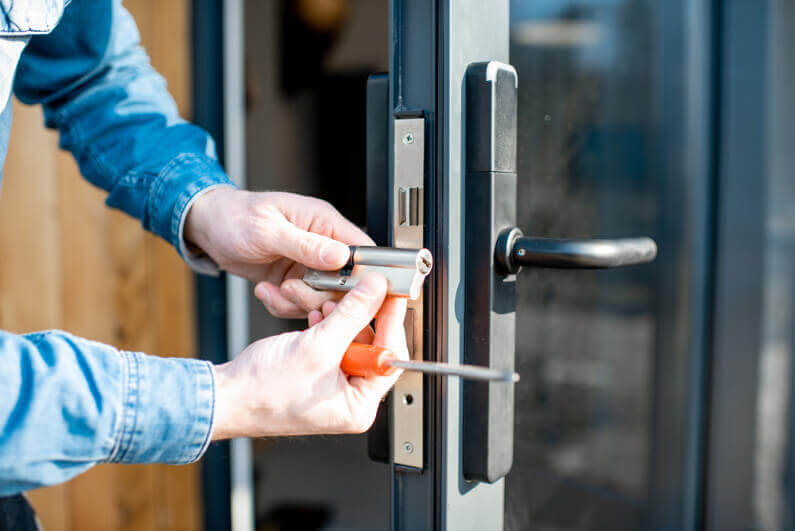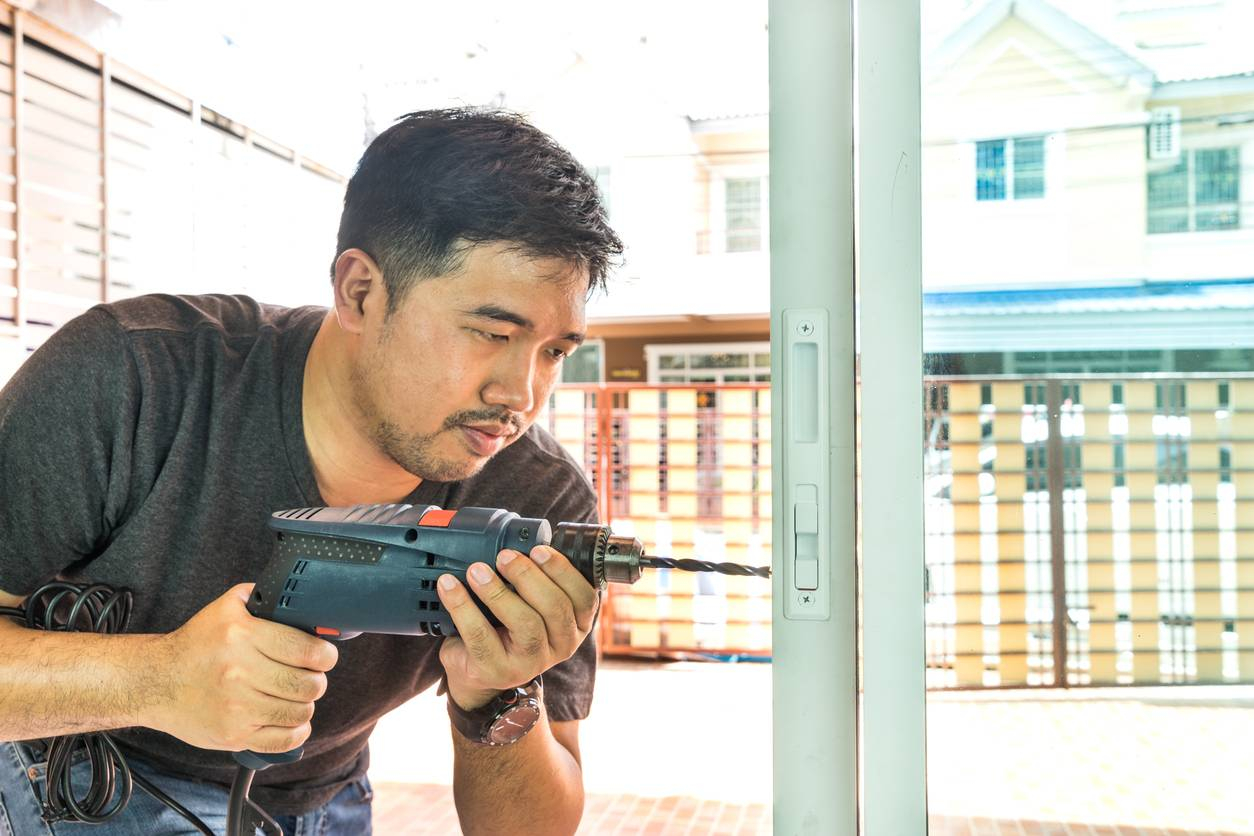Locksmith: a good career?

If you fancy a career in the construction crafts sector, the profession of locksmith is an ideal choice. Indeed, this professional can intervene at different levels and is a key player that individuals and professionals call upon to guarantee the security of their homes or offices.
In general, the locksmith is contacted to replace the door locks or intervene in case of repair, but also to work the iron and manufacture the metal framework, metal joinery, and other light works. If the profession of locksmith interests you, we invite you to read this article to the end to discover the essentials of this profession.
What are the missions of the locksmith?
Often Associated with changing defective locks or securing the main entrances to a building (doors, windows, etc.), the locksmith is a full-fledged craftsman in the construction industry. Indeed, he wears several caps at the same time. This is the reason why it is common to see a client or an architect contact a locksmith in Paris in particular, on a construction or renovation site near the capital. Thus, the locksmith must be professional, serious, and reliable.
While it is true that the mission of the locksmith troubleshooter is to change or install locks on joinery products, after specializing in key and security making, that of a metal locksmith is a little more different. This specialist focuses more on metalworking and the fabrication of lightweight architectural metalwork such as stairs, banisters, metal frames, etc.
In fact, this craftsman can work in the field or the workshop depending on the type of work he has to make. Besides, as part of his work, he is required to handle mechanical tools such as a chainsaw, drill, or punching machine.
However, whatever the specialization of the locksmith, he is required to meet clients and must be attentive to their needs to carry out all the projects entrusted to him. He must go on-site to take measurements or access the design office’s execution plans if he is invited to a site. The locksmith is therefore responsible for the design of the works in his workshop based on the needs of his customers or the requirements of the architect.

What are the qualities required to become a locksmith?
If you want to become a locksmith, you have made a good decision. Indeed, it is a question of an accessible profession if you are a handyman and manual. Besides, this booming sector and very buoyant. The locksmith craftsman earns a good living because he is in great demand in his environment. However, it is important to note that in this profession, you will have to move a lot and have irregular working hours, because customers can contact you at any time.
As a result, if you decide to get a locksmith degree, you will need to agree to work day and night, holidays and weekends. If necessary, it will be necessary to be flexible and available to ensure the repairs.
One of the qualities required to practice this profession is to be skilled in its hands. You must be passionate about manual work to complete the missions that will be entrusted to you. Also, it will be necessary to be very precise and meticulous, because the tasks that you will take care of require great rigor during their realization.
On the other hand, you will have to be endowed with a strong sense of contact to maintain the link with your customers and respond to their requests as well as possible. Also, know that it will be necessary to be in good physical shape and not to fear the effort. The work that will require your intervention will not always be obvious and you will often be forced to work in dusty, noisy, or bad weather environments.

What training do you need to follow to become a locksmith?
To be able to exercise this profession, you must at least have completed professional training and hold a CAP in the metal locksmith or ‘a BEP realization of boiler works and metal structures. This training lasts 2 years after college. After completing this course, you will be able to start working as a locksmith craftsman.
However, if you want to advance in your career and take up a position of responsibility, we strongly advise you to continue your studies and to obtain a Locksmithing and metalwork baccalaureate or a professional baccalaureate “production of sheet metal works and metal structures and buildings”. This qualification will allow you to work with aluminum, metal, glass, and many other synthetic materials.
Once you have obtained your Bac pro, you have the possibility of following a training course to acquire a Bac + 2 level diploma, the BTS metal construction. There is also the BTS CRCI (design and production in industrial boilermaking) or the technological bac (STI2D: sciences and technologies of industry and sustainable development) which are qualifications allowing you to occupy more important positions in the sector.
Also, at the start of your career, you will probably work for an SME operating in the construction sector. With experience, you can become a site foreman or team leader. By following additional training in accounting and management, you will be able to create your own workshop and set it up on your own.
Finally, know that you can also work in the metal construction industry, fine ironwork, and even decoration.




Leave a Reply